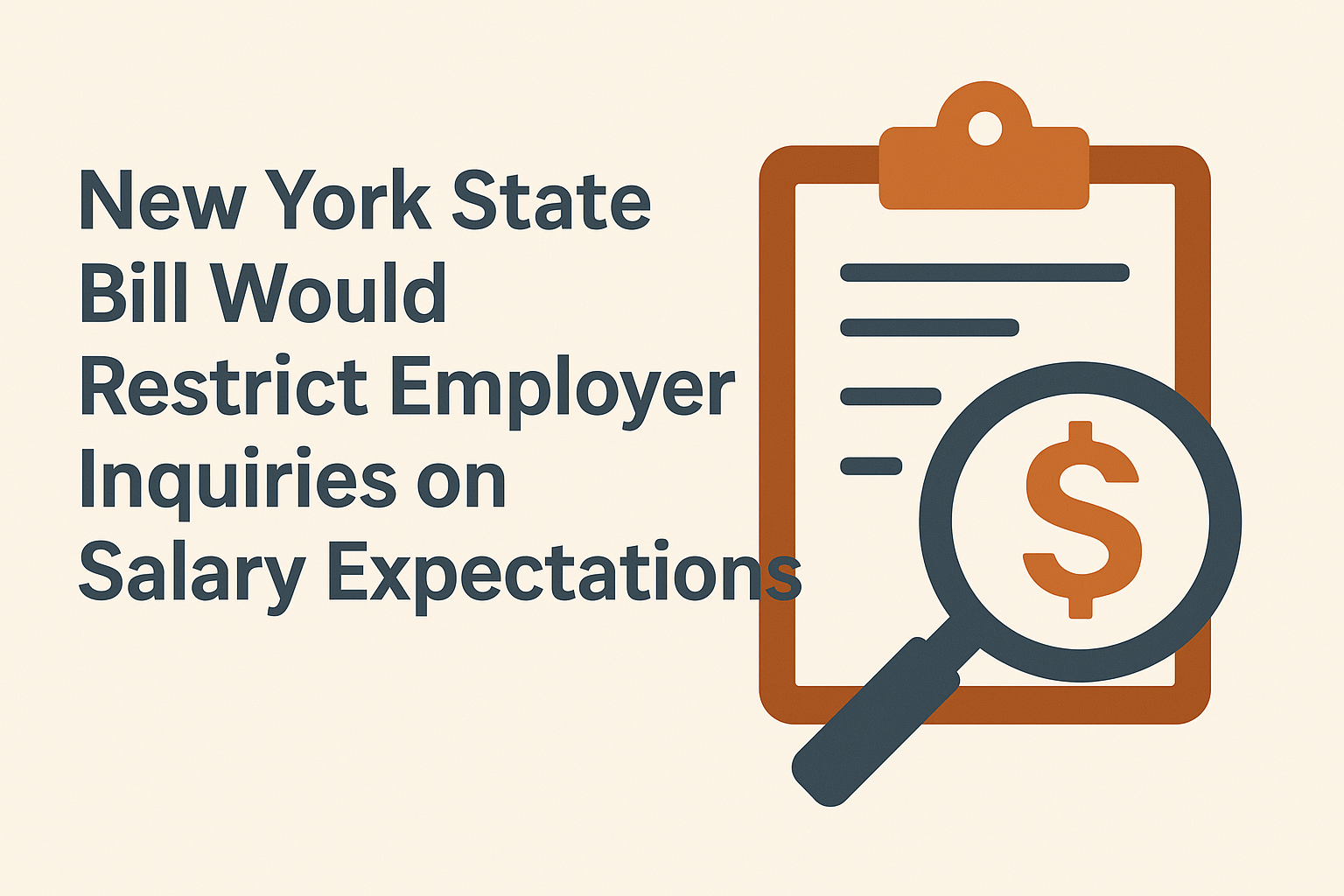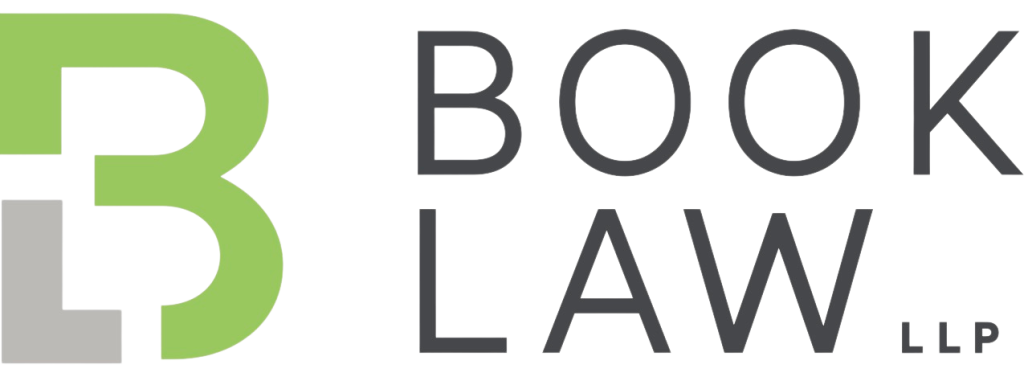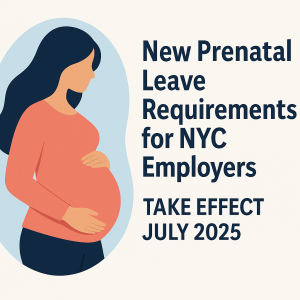New York State Bill Would Restrict Employer Inquiries on Salary Expectations
A proposed bill in the New York State Legislature could significantly change the hiring process for employers by limiting discussions around applicant salary expectations.
Overview of the Proposed Law
Introduced as Bill 2025-A1289, the legislation would:
- Prohibit employers from requesting or requiring applicants to disclose their salary expectations.
- Bar employers from refusing to interview, hire, or promote candidates based on their stated salary expectations.
- Prevent employers from relying on salary expectations, even if voluntarily disclosed, when determining compensation offers.
- Require employers to provide information about employment benefits when requested by job applicants.
The bill is currently pending in committee in the New York State Assembly.
How This Differs From Existing Law
New York State already prohibits inquiries into an applicant’s salary history under existing pay equity laws. This bill would extend that protection to cover salary expectations, seeking to further reduce potential bias in the hiring process that may perpetuate wage disparities.
While the bill allows applicants to voluntarily share their salary expectations for purposes of negotiating pay, employers would be restricted from using that information as a basis for determining compensation. This creates some practical challenges that employers may need to navigate carefully.
Potential Compliance Obligations for Employers
If enacted, the legislation would require employers to:
- Adjust interview and application processes to avoid requesting salary expectation information.
- Ensure compensation decisions are based on objective, job-related criteria, such as market data, internal pay structures, and the duties of the position.
- Provide information about job benefits upon applicant request, though the bill does not specify which benefits must be disclosed.
The bill also creates a private right of action, allowing applicants or employees to bring civil lawsuits for violations, with potential remedies including damages, injunctive relief, and attorneys’ fees.
Next Steps for Employers
Should the bill pass, employers may wish to take proactive steps such as:
- Updating interview guides, applications, and training materials.
- Educating hiring managers and recruiters on lawful compensation discussions.
- Reviewing compensation practices to ensure compliance with evolving pay equity obligations.
The New York legislative session is scheduled to conclude on June 13, 2025, and if passed, the bill would take effect 19 days after being signed into law.
For assistance in reviewing your hiring and compensation policies, please contact Chaim Book at cbook@booklawllp.com or Sheryl Galler at sgaller@booklawllp.com.


